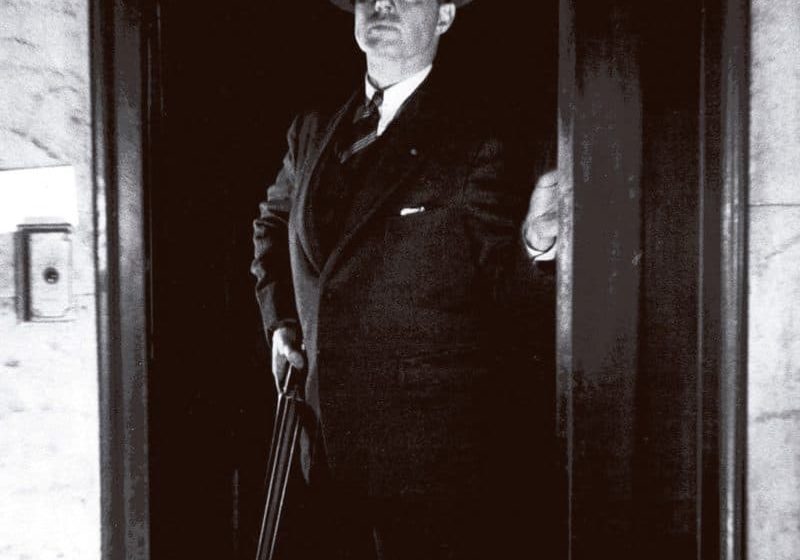This Readers Platform explains the job and growing importance of an HR professional.
“Human Resources isn’t just a thing we do. It’s the thing that runs our business.”– Human Resources Quotes, Life So True
While attending a recent trade convention for the industry, I was asked what one does as a human-resources (HR) professional. My response became a lengthy conversation, piquing the interest of others around us, who joined in. I was surprised by how many of the business owners, regardless of their company’s size, had no idea what someone within the HR profession does or could do for their business. The broad term of “HR professional” (which I will use for simplicity) covers many levels and titles, depending on years of experience, education and responsibilities.
The initial HR function, in many companies, typically came from within, from a member of administration or finance departments. The person inherited the functions of hiring employees, paying employees and dealing with benefits, which, at the time, were considered the basic needs. Employees believed the HR function was in place solely to serve management. Those days are gone. A successful HR professional will be able to balance the needs of both the employees and the company, regardless of union or nonunion status.
All it takes is one mistake when hiring or terminating an employee, and you could get hit with a lawsuit. One work-related injury or fraudulent claim could prevent you from bidding projects or even put you out of business. If you don’t know employment law or ways to handle internal conflicts, you could be putting yourself, your business and your reputation at risk.
Employees believed the HR function was in place solely to serve management. Those days are gone.
Many HR professionals get bogged down with day-to-day issues, leaving little time toward enhancements within the organization. A variety of responsibilities fall on the shoulders of a good HR person, who is quick to jump in, resolve problems and take the burden off others who have less experience with sensitive issues. The right HR professional will take care of your problems before you even know they exist.
Every company has different objectives and goals. You can’t apply a “one-size-fits-all” formula when determining the need for HR or the ratio per headcount – typically, one HR professional for up to 100 employees is a fair assessment, but this has to be determined based on individual company needs.
Does your small business need an HR professional? Or, is it time to increase your current HR staff? Here are a few ways to determine your options without breaking the bank:
- You don’t necessarily need to create a full HR department. One experienced HR professional may be able to handle all the duties of a small business.
- Consider hiring a “part-time” HR professional.
- Utilize an HR compliance or recruiting consultant.
- Outsource key portions of your HR needs to an external firm.
When interviewing a person for any HR position, you want to make sure you are looking for someone who has a passion for HR to reduce the risk of the person getting frustrated and quitting, as every day can be a challenge. You want someone who is educated in the field of HR, as well as hands-on experience. Typically, you would search for someone within your trade industry; however, a good HR professional can be successful in any industry/environment if provided the support and resources needed. You want someone who relies on skills just as much as experience, willing to continue his or her education on a regular basis to stay on top of changing rules and regulations.
The right HR professional will take care of your problems before you even know there is a problem.
Hopefully, once you make the decision to add an HR professional, the ideal person will come in, read your mind and make your life easier. HR professionals wear many hats, from labor law; recruiting; orientations; background checks; drug screens; discrimination; policies and procedure; job descriptions; organizational development; management and leadership training; accident investigations; unemployment benefits/hearings; wellness/healthcare; 401k; workers’ compensation; newsletters; grievances; counseling; mediation and, depending on the facility, apprenticeship and licensing compliance.
Larger companies may need an HR specialist who focuses on a specific area, whereas a small or midsize company would benefit from an HR generalist, who handles a multitude of the responsibilities listed. Depending on your company needs, you can decide which of the listed methods of HR services will guide you and your team successfully.
Get more of Elevator World. Sign up for our free e-newsletter.









